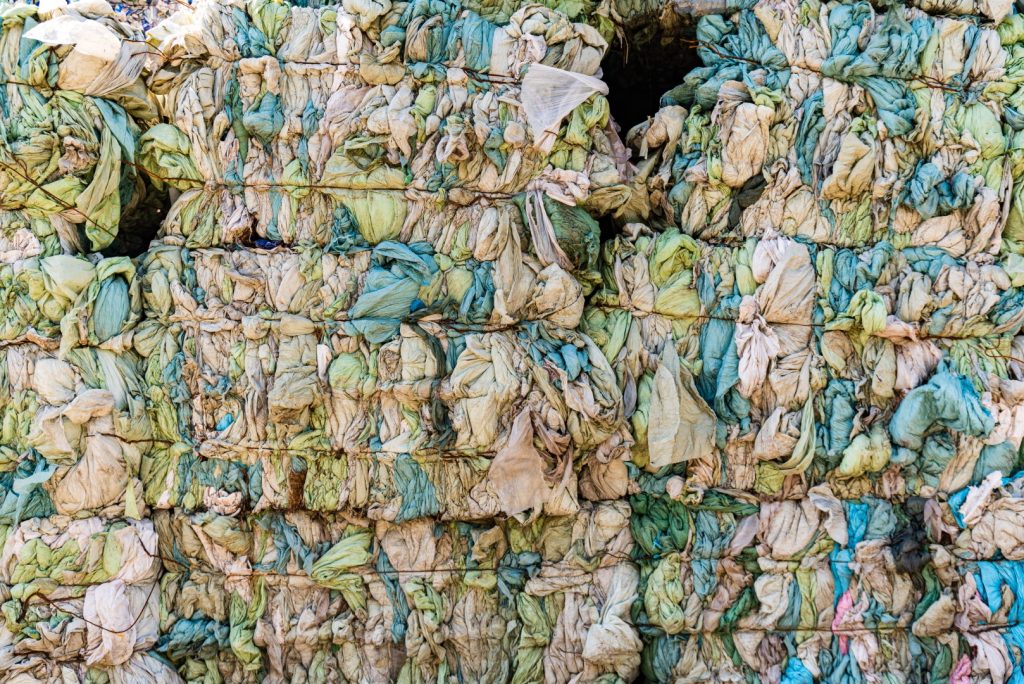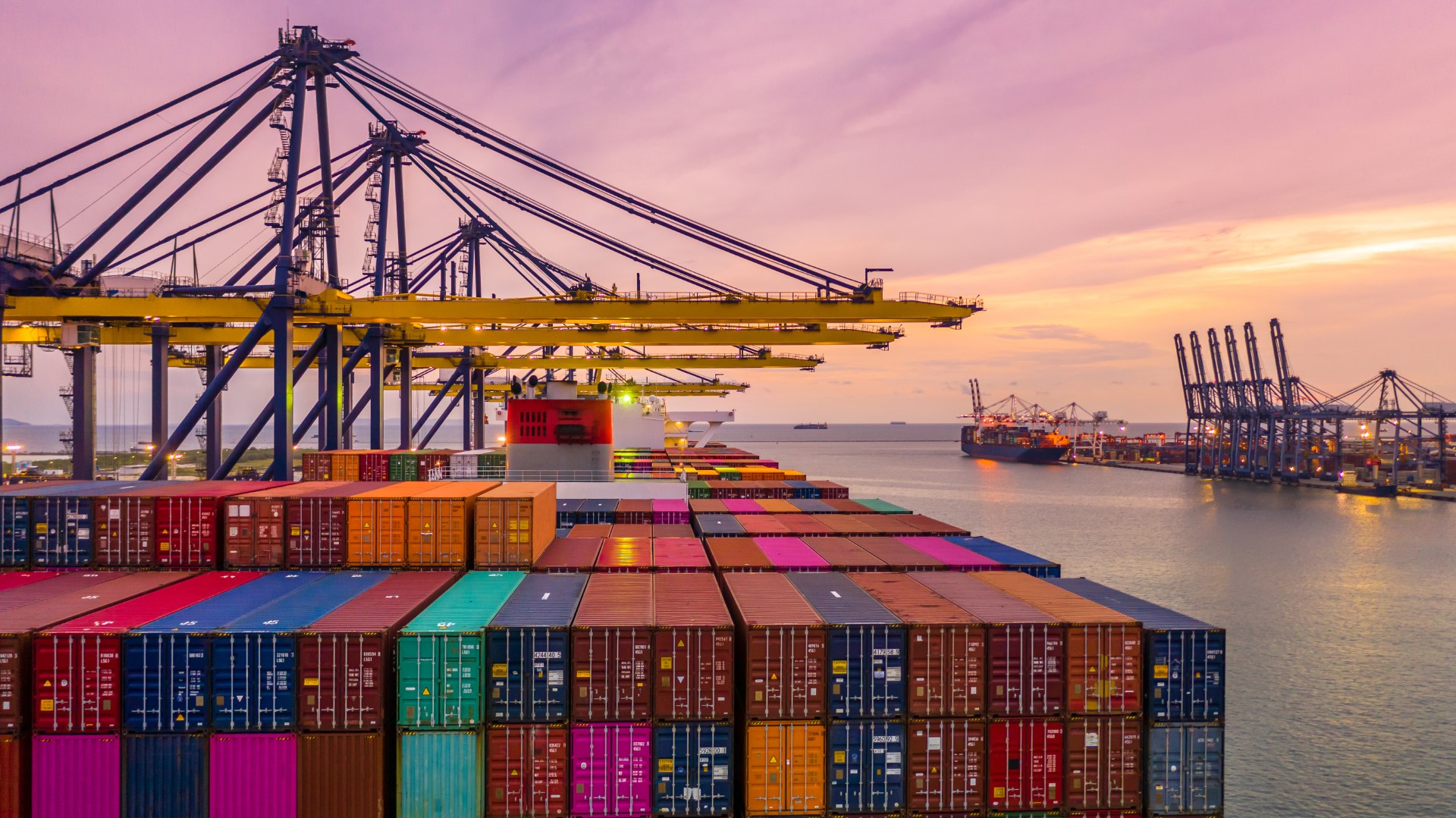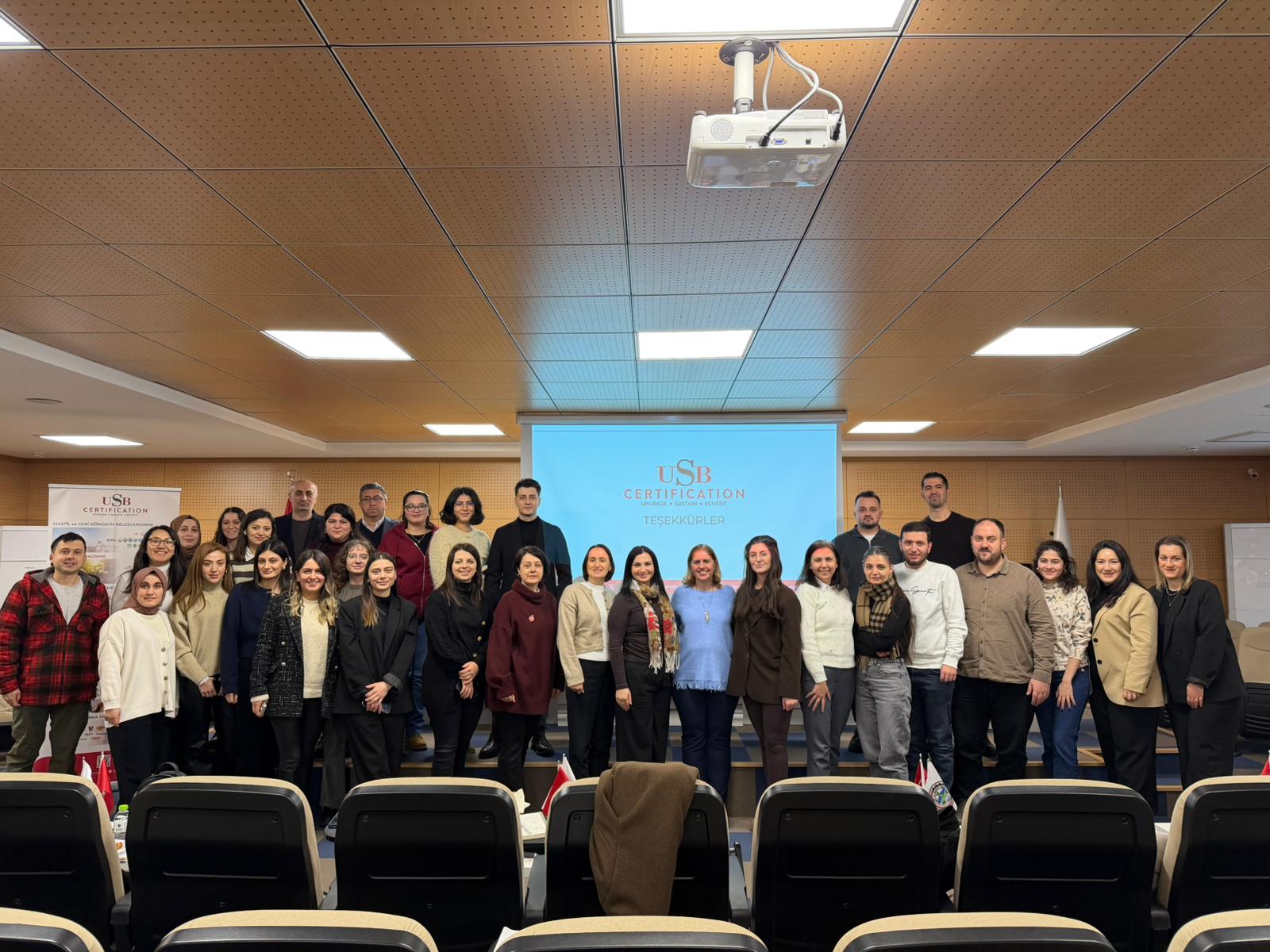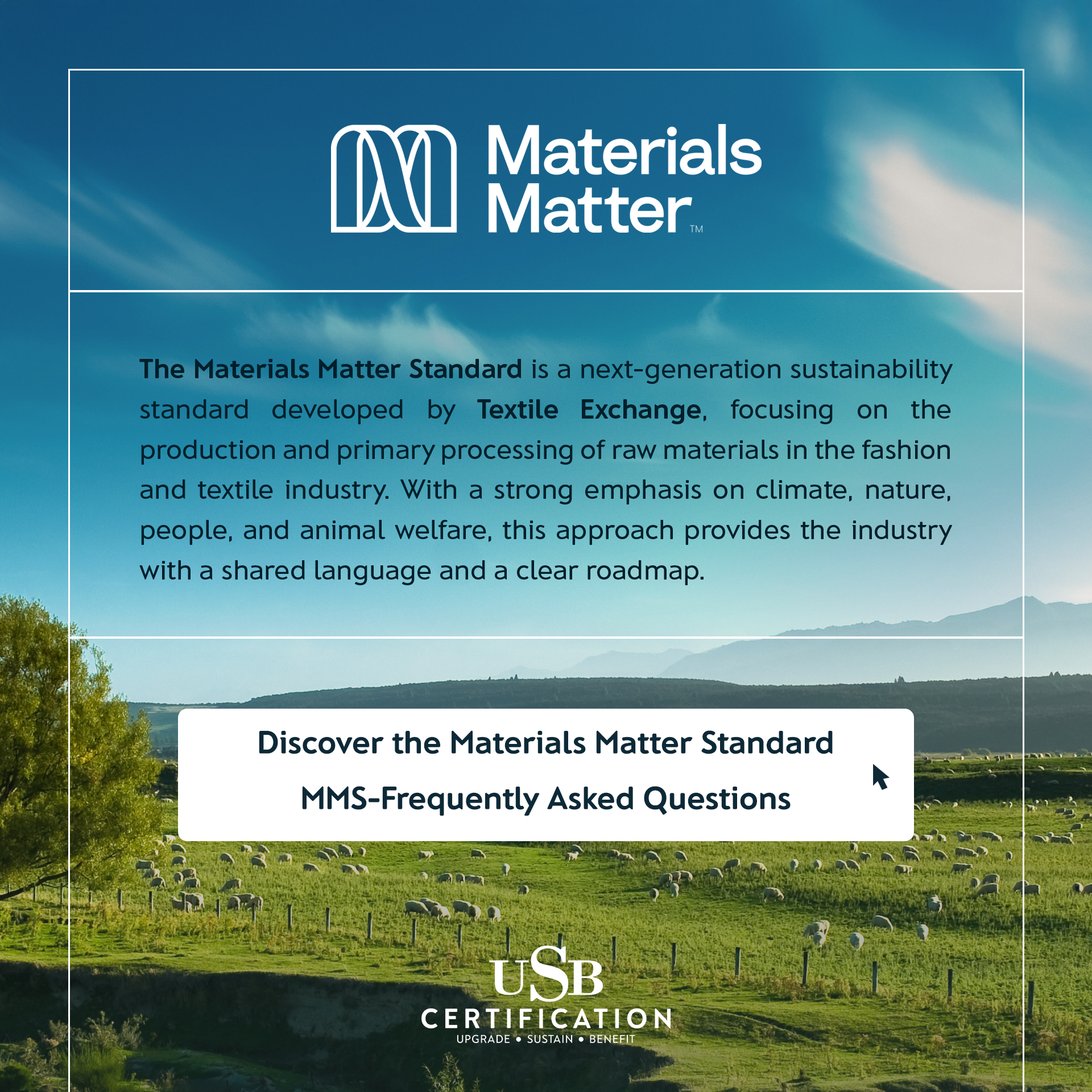The European Union has officially adopted the long-debated Extended Producer Responsibility (EPR) law. The new regulation requires brands, retailers, and online sellers to cover the costs of collecting, sorting, and recycling clothing, footwear, and household textiles once they are discarded by consumers.
After publication in the EU’s Official Journal, member states will have 20 months to incorporate the rules into national law and another 10 months to establish functioning EPR systems. Full programs could therefore launch as early as April 2028. Custom tailors and secondhand sellers are exempt, while micro-enterprises are granted an additional year for compliance.
A key innovation of the regulation is that producers must disclose their production volumes. This transparency allows for a more accurate assessment of the sector’s environmental impact.
The EPR law is seen as a significant step toward reducing textile waste and increasing recycling rates. However, the 30-month rollout means a large portion of existing textile waste may still be incinerated.
The law does not yet fully define the “eco-modulation” mechanism, which applies lower fees to sustainable products and higher fees to those that do not meet environmental criteria.
Implementation of EPR across Europe is considered a major advancement in textile waste management. Success will depend on effective collection, sorting, and recycling infrastructure, coordinated application across member states, and transparent reporting systems.








